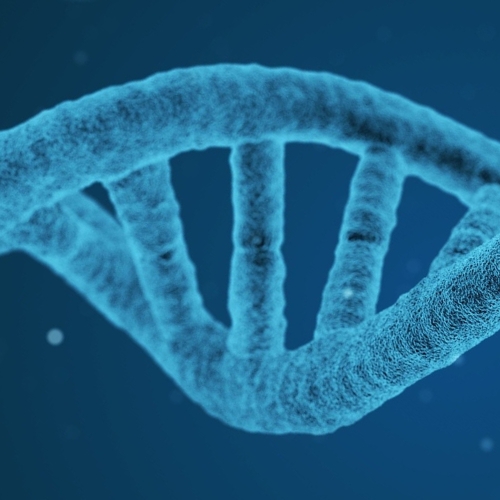Key points from article :
Unrepaired DNA damage can increase the speed of aging.
Researchers genetically modified mice to remove a crucial DNA-repair protein from their stem cells.
Without this protein, the mice were unable to fix damaged DNA accrued in their immune cells.
5 months old genetically modified mice resembled a regular two-year-old mouse.
For context, a two-year-old mouse is similar in age to an 80-year-old human.
Results suggest that unrepaired DNA damage may cause the entire body to age prematurely.
When exposed to a pollutant, energy is transferred to the water, breaking the water apart.
This creates highly reactive molecules—free radicals.
That will quickly interact with another molecule in order to gain electrons.
When these free radicals interact with DNA, it causes damage.
Eric Kelly Associate Professor of WVU says "The impact is less on lifespan and more on healthspan".
Research by West Virginia University published in Nature.





